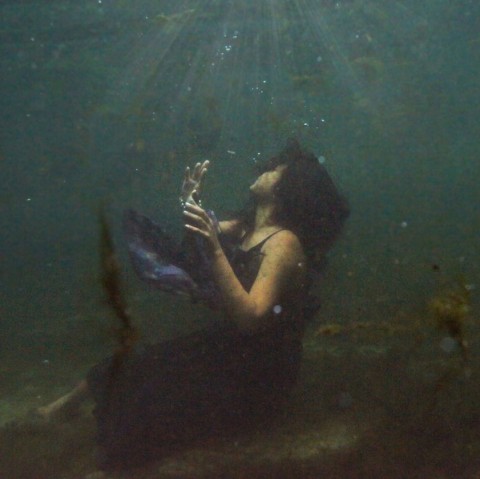(After Erica Mena)
Here, not all roads are the same. In the north they curve pocked and pitted, tumble down to pine trees and unplowed snow. We walk all day, stand by the milky waters, count the splay-toed prints in the underbrush. Our breath blurs and thickens in the air, and all around us shards of frozen water ring with cold, glistening.
Farther south they are warm underfoot, sleek and new and woodbone smooth still. These are lined with cypress trees and orange trees, trees that will bear lemons, trees that have not yet flowered. The brightness of that coast comes as a surprise. We do not speak the language, do not speak any language that comes near to this one, so we keep our mouths shut as long as we can. We will be revealed for strangers, trying to drink coffee like we were born here.
It is hard not to wonder if the girl in the bakery has heard the sirens, if the sweeping man ever held a gun. If he still has one someplace, cradled in the folds of worn out clothes like a body. If they saw smoke rising in billows and rills, if they tasted burned cities, earth that would be blackened. If the children hide in their hollow bones the desires of their parents: that need to destroy, to preserve oneself. Part of us wanted to see them and then to say, now we know, now we understand.
Later we speak mostly of the houses on every road in every place, lined up and broken like teeth. They are the things that are simplest to name. The places people died, sacred and lost now. The ruined, the barren, the air between their walls packed close with ghosts.
We don’t blink, look at everything. We write nothing down; it preserves in the dust.



 The core workshop of SmokeLong Fitness is all in writing, so you can take part from anywhere at anytime. We are excited about creating a supportive, consistent and structured environment for flash writers to work on their craft in a community. We are thrilled and proud to say that our workshop participants have won, placed, or been listed in every major flash competition. Community works.
The core workshop of SmokeLong Fitness is all in writing, so you can take part from anywhere at anytime. We are excited about creating a supportive, consistent and structured environment for flash writers to work on their craft in a community. We are thrilled and proud to say that our workshop participants have won, placed, or been listed in every major flash competition. Community works.